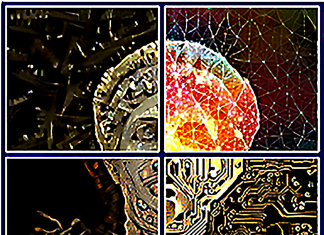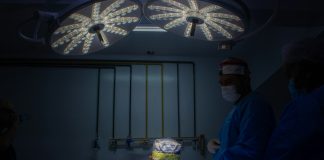I sat up and read the alarm clock dial from the bed. 10 a.m. It was too late. I should have been at work three hours ago. I would be fired. It was the first day that I would have ever been late at this job, but I would be fired anyway. The boss had made that clear to us new taxi drivers. “The first day you show up late is the last day you show up at all,” he had said.
I picked up the telephone and dialed the number of the taxi service. “Ready Cab, can I help you?” Waltrut said. “Hi Waltrut, this is Jim.” “Oh, hi Jim.” “Waltrut, could you send me my last check as soon as it comes out, please.” “Sure, Jim. Should be there next week.” “Thanks, Waltrut.” “Good luck, Jim.” “Thanks.”
The job had lasted three weeks, which meant that I had some food in the refrigerator, eggs, bread, milk, even bacon. I fixed a good breakfast and then heated some water to make coffee with.
It took me a long while to make the breakfast and to eat it. It was nice. I had made two eggs, very soft, and I used the bread to sop up the egg yolk in. I did this for as long as the egg yolk remained warm on the plate. I rolled the toast around in the egg yolk and wiped the egg yolk from the edges of the plate. I ate the bacon in small bites, between bites of egg yolk and bread. I felt good. I drank the coffee slowly too.
After breakfast I put on my coat and walked outside. It was a gray day in West Berlin. Most of the days in the winter were gray days.
I was glad that I could speak a little German. I had learned some German by driving the taxi. I had been in the city a year and had learned more German by driving the taxi than by being unemployed. But this time being unemployed would be different, easier, because I knew more German.
I got on the bus and got off at the first hot dog stand and I ordered a hot dog and a cup of coffee in German without making one mistake. The woman running the hot dog stand smiled and said “thank you” in German and I said “thank you” in German. Then I ate my hot dog and drank the coffee and watched people walking up and down the city street.
I didn’t know anyone in the city but I liked it that way. My little one‑room furnished, coal‑heated apartment was cheap, and I could pay rent by working just a few days out of the month, or even by selling blood. Sometimes I sold my blood.
I said “thank you” in German once more to the hot‑dog stand lady and walked down the street toward the shopping district. There were always lots of people in the shopping district, musicians, speakers, sellers, beggars. I hadn’t been to the shopping district in three weeks, since I started working for Ready Cab, and I was glad to be able to go back now. I arrived in not too much time and all the people were there. I wondered a while how they managed to be there in the middle of the day. Once when I was there, I heard a German woman talking to another German woman, and she said “Why aren’t all these people working? What are they doing here in the middle of the day?” I wondered what they were doing, too, but I wasn’t critical. I was glad they were here. They weren’t all unemployed as I was, but I didn’t care. That made it nicer. For me, it was a good city to be unemployed in. I could go to the shopping district and there would always be people there. I didn’t mind that they were not all unemployed. For me, it was better that way.
I watched the people walking back and forth in the shopping district. I stayed there for a long time, until it began to get dark. Then I started walking slowly toward my little apartment. This too was a nice experience because all of the lights made the city new again. It was a different experience. I remember thinking that I could do this for another week or so without getting tired of it. And then I would start looking for a job. Or perhaps I would sell some blood.
Yes, I would sell some blood. It was getting close to Christmas, after all.




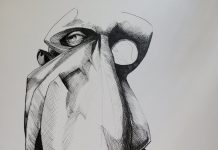
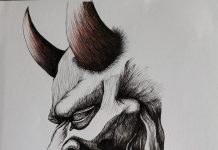

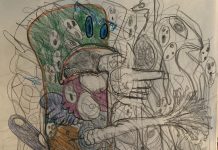
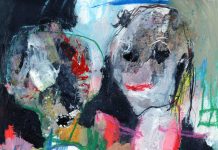



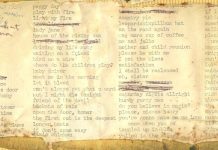






![[IMG]](https://images.unsplash.com/photo-1514997217392-69e76db80ab7?ixlib=rb-4.0.3&ixid=MnwxMjA3fDB8MHxwaG90by1wYWdlfHx8fGVufDB8fHx8&auto=format&fit=crop&w=1000&q=80)
